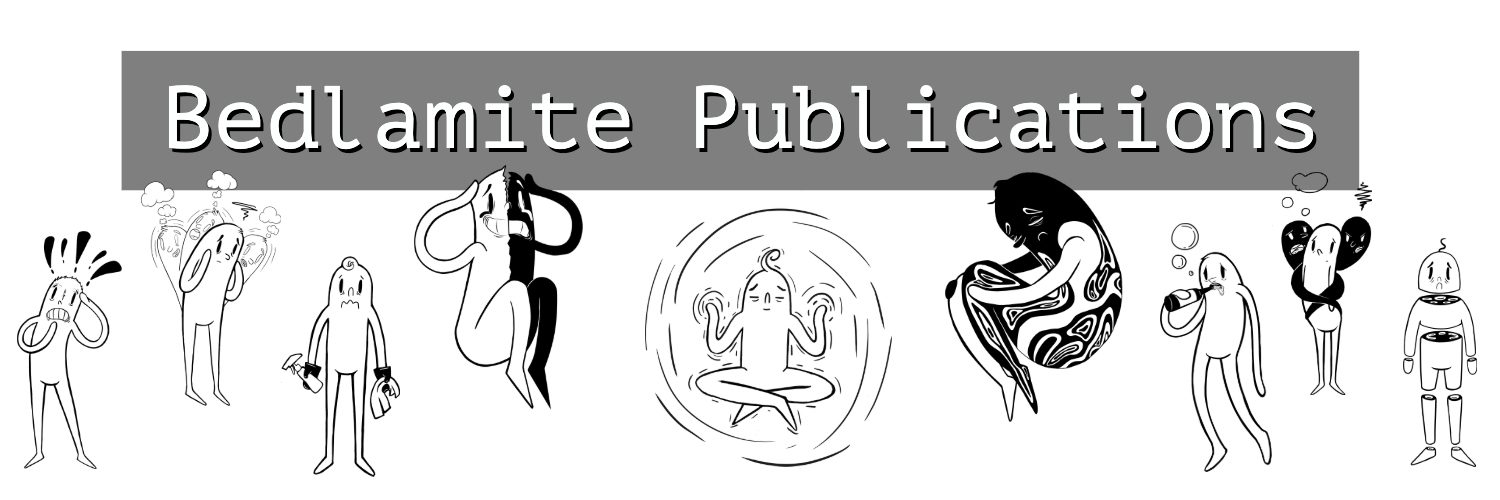Those who struggle with histrionic personality disorder (HPD) often show signs of unstable emotions, distorted self-images, and a strong desire to be noticed. In turn, these individuals aren’t afraid to behave inappropriately or dramatically for the sake of attention. ¹
This behavior is caused by the demands of an individuals self-esteem. In other words, people with HPD act out in this manner as a means of feeling self-worth.
However, with an overwhelming desire to be noticed, this kind of behavior and thinking can often be problematic. This is why HPD is marked as its own type of personality disorder, in comparison to others.
Throughout this article, we’re going to take a deeper look at HPD, its symptoms, and what the proper treatment course is. At the end, we invite you to ask further questions.
What are the Signs and Symptoms of Histrionic Personality Disorder?
As discussed, people with HPD are prone to creating superficial emotions or inappropriate behaviors in order to garner attention towards themselves. In turn, such actions may result in the following:
- Acting dramatic (or extremely emotional)
- Always being charming and flirtatious
- Being inappropriately sexual with everyone they meet (even when they lack sexual attraction)
- Difficulty maintaining a relationship (appearing fake or shallow)
- Easily influenced by others (gullible)
- Feeling symptoms of depression when not receiving attention
- Having a presence that’s “larger than life”
- Need for instant gratification
- Rapid shifts in shallow emotions
- Too much self-awareness of physical appearance
- Using physical appearance to draw attention to themselves (i.e. revealing clothes)
Who’s Most Affected by Histrionic Personality Disorder?
While considered a rare personality disorder, we don’t have hard evidence concerning HPD’s relativeness. Most researchers agree it only occurs in 1% of the population.
Furthermore, this 1% tends to be individuals in their late teens or early 20s. It’s also been discovered that HPD is more commonly diagnosed among women than men. Though, this may be due to the fact that men are simply underdiagnosed.

What Causes Histrionic Personality Disorder?
As with other mental health conditions, we aren’t 100% sure what causes HPD. However, research has discovered the following may be the cause of either HPD or other personality disorders:
- Childhood Trauma – If a child experiences child abuse, they may develop unhealthy coping mechanisms they carry with them later in life. ²
- Genetics – If a close relative (i.e. parent or sibling) has HPD or another personality disorder, you’re more likely to inherit the condition. ³
- Parenting Styles – If a child has parents that lack boundaries, over-indulge, or remain inconsistent in style, they may develop histrionic personality disorder. This is especially true in parents who show sign and symptoms of the condition. ⁴
Histrionic Personality Disorder Diagnosis
Since a person’s personality develops throughout childhood and adolescence, a mental health professional will not diagnose HPD in someone until they are 18 years old.
Even still, HPD remains difficult to diagnose as the person struggling likely isn’t aware there’s an issue with their mentality and behavior. Due to this, most don’t seek out help unless the condition causes other mental health concerns, such as anxiety and depression.
In order to come to a proper diagnosis, a mental health professional will ask questions concerning:
- Past symptoms
- Relationships
- Work history
- Reality testing
- Impulse control
If a mental health professional suspects you have HPD, they may also question family and friends. This is simply due to the fact that people with HPD may not be aware of other problems occurring.
On top of this, an HPD diagnosis requires at least five (or more) of the following persistent behaviors:
- Discomfort from not being the center of attention
- Seductive (or provocative) behavior
- Rapid shifts in shallow emotions
- Using their appearance to draw attention
- Vague (impressionisitic) speech
- Dramatic (or exaggerated) emotions
- Easily influenced by others
- Believes relationships are more intimate than they really are

How to Treat Histrionic Personality Disorder
Since people with HPD don’t believe they’re struggling with a disorder, coming to grips with treating their condition can be just as difficult. As mentioned, people with HPD usually don’t seek out help unless they’re struggling with another condition, such as anxiety. Therefore, treatment of HPD tends to be initiated by a friend or loved one.
The most common form of HPD treatment is psychotherapy (also known as talk therapy). ⁵ The goal of this therapy is to discover negative thought patterns within a person and work towards changing those patterns.
If you are diagnosed with HPD, you’ll likely be offered one of the following psychotherapies:
- Group Therapy – When a group of people with similar problems meet and discuss their treatment progress under the supervision of a therapist.
- Psychodynamic Psychotherapy – A therapy that focuses on the roots of emotional distress through self-reflection.
- Supportive Psychotherapy – A form of talk therapy aimed at targeting specific HPD symptoms and developing coping mechanisms.
- Cognitive Behavioral Therapy (CBT) – A goal-oriented therapy that aims to help you understand your negative actions and thoughts. The goal of this therapy is develop healthier thinking patterns.
As of this time, there’s no medication for the treatment of personality disorders. However, if you struggle with another mental health condition, you may receive a prescription for that disorder.
Final Word
Since people with HPD don’t believe they struggle with a mental disorder, it’s usually a family member or friend that steps in to initiate treatment. If you are currently in this position, it can be difficult to let your loved one know they may have a personality disorder.
For such circumstances, we recommend speaking with a mental health professional prior to intervention. This will give you a better idea of your personal circumstances and what you’ll need to do to help your loved one.
Your Questions
Still have questions about what is a histrionic personality disorder?
We invite you to ask them in the comments section below. If you have any further knowledge to share – whether personal or professional – we’d also love to hear from you.
Reference Sources
¹ National Library of Medicine: Histrionic Personality Disorder
² Journal of Trauma & Dissociation: Influence of Child Abuse and Neglect on Histrionic Personality Pathology
³ Dialogues in Clinical Neuroscience: The genetic epidemiology of personality disorders
⁴ PLOS ONE: Parenting and personality disorder: An overview and meta-synthesis of systematic reviews
⁵ The Journal of Psychotherapy Practice and Research: Psychotherapy for histrionic personality disorder

